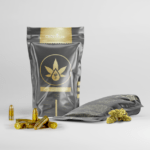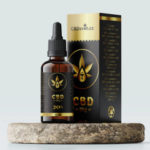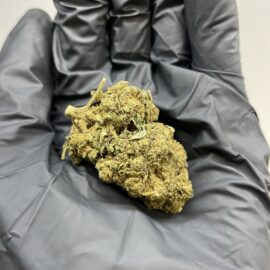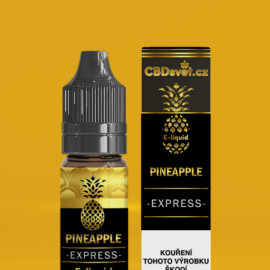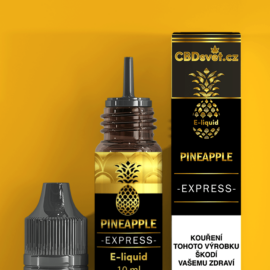
The legalisation of cannabis (or marijuana) use in Canada in 2018 has led to an increase in its use in the country. Currently, marijuana is mostly used to treat pain as an effective and less dangerous alternative to opioids. Although more research is needed, initial studies have shown that medical marijuana can positively affect an individual’s physical and mental health.
Cannabis – and specifically one of its compounds, cannabidiol (CBD) – is sometimes considered a consequence-free, sort of “magic bullet” for pain management. This is inaccurate; whether you smoke it, vape it, or use edible cannabis, cannabidiol can affect your dental health both positively and negatively.
Remember: cannabis and cannabidiol are drugs. They can interact with other medications you are taking and have potential adverse side effects on your general and dental health.
Understanding the potential benefits and risks associated with cannabidiol for your dental health will help you make a more informed decision about its use.
Let’s review what CBD is
CBD is one of the two main cannabinoids present in cannabis. The other is tetrahydrocannabinol (THC), a psychoactive substance that gives marijuana users a characteristic high. While both compounds have their own health benefits and side effects , CBD offers its benefits without the high.
Products that may be of interest to you
Ways to consume CBD include:
- Inhalation (by vaping or smoking)
- Sublingual (oils and tinctures under the tongue)
- Ingestion (food)
- Topical (lotions and creams)
- Transdermal (patches on the skin)
The method used to take CBD affects how quickly it works, how long the effects last and how effective it is. The fastest results come from vaping, which takes only three hours to take effect almost immediately. Sublingual application can take approximately five minutes to take effect and can take up to six hours. Ingestibility can last up to an hour, with effects lasting up to six hours.
Because it must first pass through your digestive tract, edible cannabis is also the least predictable in terms of potency and effect.

Can CBD benefit your healthy teeth?
CBD is a non-addictive substance that allows individuals to safely manage health issues. Recent studies have identified the potential to treat certain ailments, including:
- Autoimmune diseases (e.g. rheumatoid arthritis and Crohn’s disease)
- Neurological disorders (e.g. Parkinson’s and epileptic seizures)
- Chronic pain (e.g. fibromyalgia)
- Psychological problems (e.g. anxiety and depression)
When it comes to your oral health, CBD can help
- Reduce anxiety at the dentist’s office – CBD has a calming effect and can soothe a patient’s anxiety, making them more open to dental treatment and regular visits to the dentist.
Minimise the risk of gum disease – CBD can counteract inflammation that leads to gum disease, such as periodontal disease. Periodontitis causes the gums to pull away from the teeth, which increases the likelihood of infection. This can erode the bone and tissues supporting the teeth, resulting in tooth loss. The anaesthetic and antiseptic properties of cannabidiol may reduce the risk of gum disease (although not if you smoke; see below for details).
- Get rid of toothache – CBD can be taken as a systemic painkiller to relieve toothache. However, this particular method does not provide quick relief. CBD is applied directly to the affected area as an oral spray, oil or tincture.
- Help with recovery after surgery – After surgery (whether dental or medical), patients are generally prescribed a list of medications to fight bacteria, inflammation and pain, some of which are addictive or have a number of potential side effects. CBD oil treatment after dental surgery can help patients avoid these side effects and recover safely.



